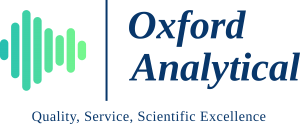Trusted Analytical Testing for the Animal Health Industry
Oxford Analytical Services provides expert analytical testing and regulatory support for the animal health industry, helping manufacturers ensure product efficacy, safety and compliance with global regulations. Whether you develop veterinary pharmaceuticals, feed additives, biocidal treatments, or nutritional supplements, our GLP compliant laboratory delivers precise, reliable and regulatory approved testing to support your product’s success.
Our team of experienced chemists and regulatory specialists works closely with veterinary pharmaceutical companies, animal nutritionists and regulatory affairs professionals to ensure safety, quality and market compliance at every stage of development.
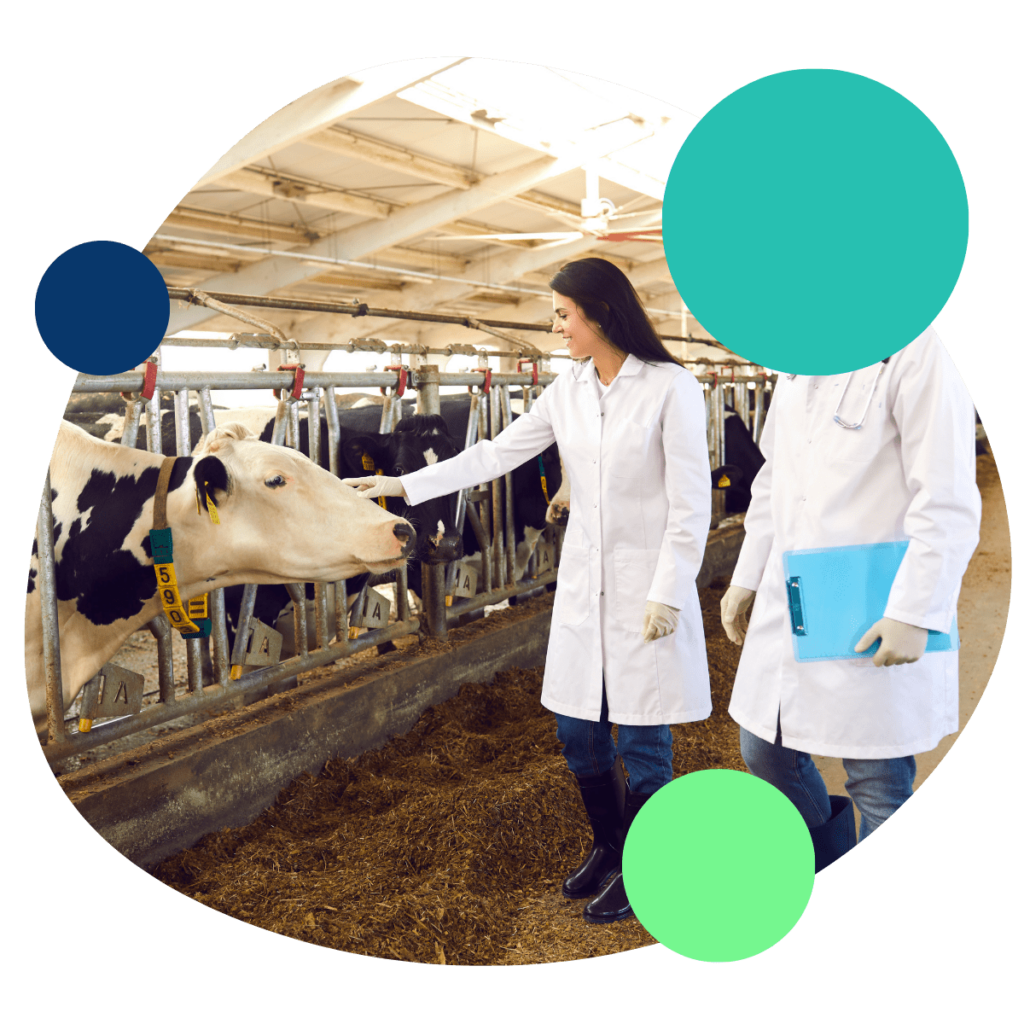
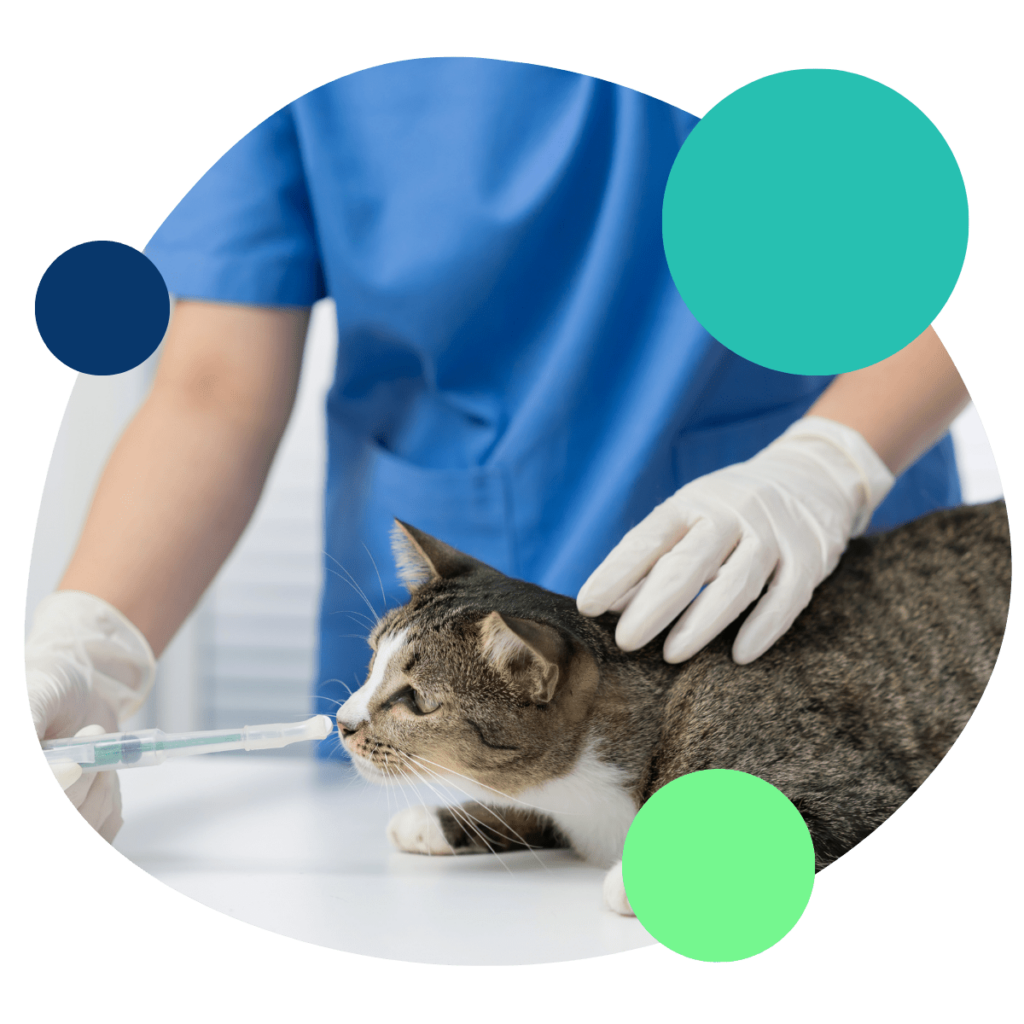
Animal Health Industry Challenges We Solve
Bringing animal health products to market involves stringent testing requirements and regulatory hurdles. We help solve:
- Regulatory Compliance & Product Registration: Ensuring compliance with VICH, EMA, FDA and other global animal health regulations
- Active Ingredient & Formulation Analysis: Accurately identifying and quantifying active substances in veterinary medicines, feed additives and supplements
- Impurity & Contaminant Detection: Identifying trace metals, residual solvents and unwanted contaminants to maintain product safety
- Shelf Life & Stability Testing: Conducting ICH-compliant stability studies to determine long term product performance
- Efficacy & Bioavailability Testing: Verifying that animal health formulations meet performance, absorption and efficacy standards
We also provide animal health check sheet evaluations, helping manufacturers verify product consistency, ingredient accuracy and compliance readiness for regulatory submissions.
Why Partner with Oxford Analytical Services?

Regulatory Focused Animal Health Testing
Our GLP compliant analyses support global regulatory submissions, ensuring compliance with:
- Veterinary International Conference on Harmonisation (VICH) Guidelines
- European Medicines Agency (EMA) Regulations
- Food and Drug Administration (FDA) Animal Health Requirements
- OECD Guidelines for Veterinary and Feed Additive Testing
Comprehensive Analytical Services
We offer a full suite of testing capabilities, including:
- Active ingredient and formulation analysis
- Impurity profiling & heavy metal detection
- Shelf life testing & ICH-compliant stability studies
- Dissolution, solubility & bioavailability assessments

Expert Support from Development to Market Approval
From early stage R&D to final regulatory submissions, we provide tailored support to ensure your animal health products meet regulatory and safety standards. We also offer animal health check sheet assessments, helping manufacturers systematically evaluate their product formulations before market submission.
Cutting-Edge Techniques for Animal Health Analysis
We utilise HPLC, GC-MS, LC-MS/MS, ICP-MS, FTIR and other advanced techniques to deliver highly accurate and reproducible data.
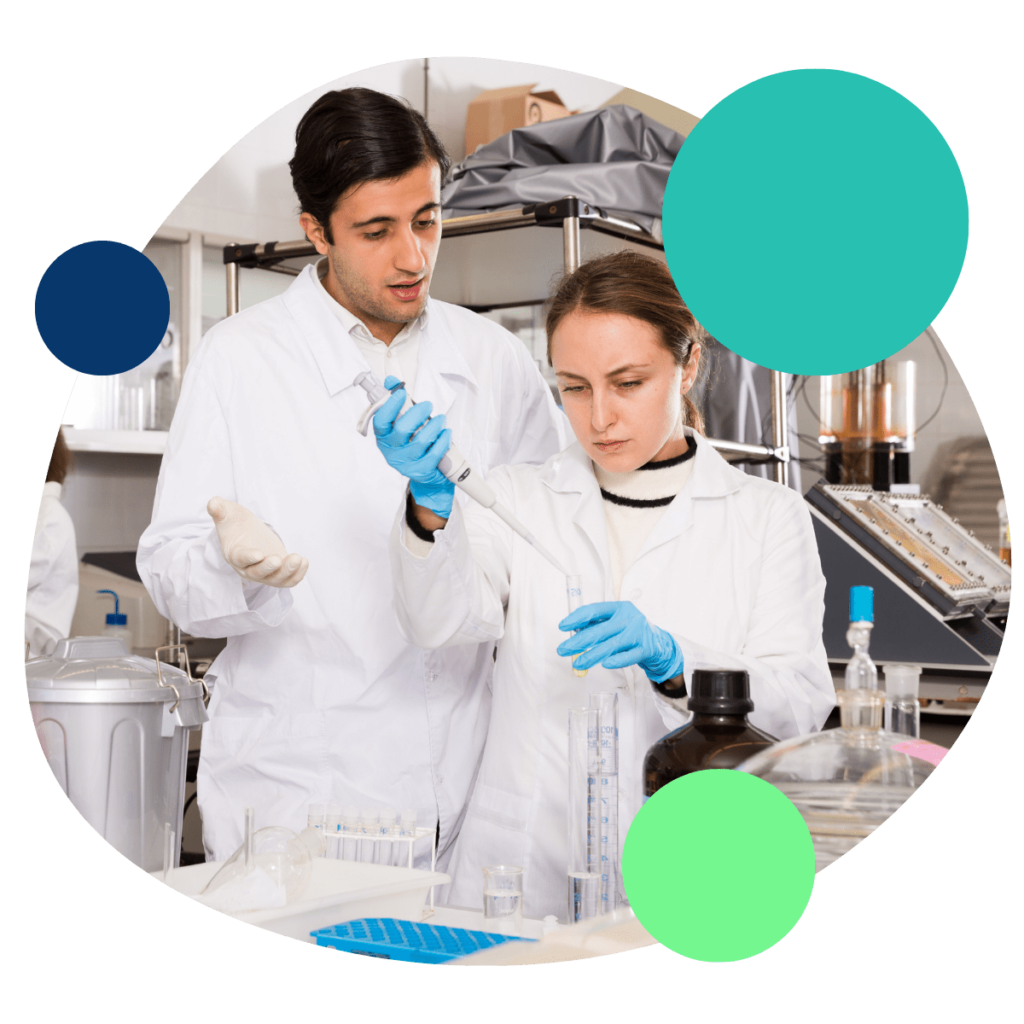
Partner with Oxford Analytical Services for Animal Health Testing
- Industry Specific Expertise – Supporting veterinary medicine, feed additive and animal supplement manufacturers
- State-of-the-Art Techniques – Delivering comprehensive testing for compliance, safety and product efficacy
- Customer Focused Approach – Providing tailored solutions to meet your unique analytical and regulatory challenges
Our services include:
Assesses product consistency across batches, ensuring compliance with regulatory standards. Determines technical equivalence by comparing composition, impurities and physical properties to reference materials. Learn more.
Provides expert guidance on analytical strategies, regulatory compliance, method selection and problem solving. Supports research, product development and troubleshooting for various industries. Learn more.
Determines the elemental composition of materials, detecting trace metals and other elements using techniques like ICP-MS and ICP-OES. Essential for regulatory testing and material characterisation. Learn more.
Identifies and quantifies impurities in raw materials, intermediates and final products. Ensures compliance with safety standards and supports formulation optimisation. Learn more.
Confirms the accuracy, reliability and reproducibility of analytical methods through independent verification, ensuring compliance with regulatory requirements. Learn more.
Diagnoses unknown contaminants, product failures, or unexpected variations using a range of analytical techniques. Supports root cause analysis and corrective actions. Learn more.
Designs and optimises robust analytical methods tailored to specific applications. Validates methods to ensure accuracy, precision, specificity and regulatory compliance. Learn more.
Evaluates key physical and chemical properties, such as solubility, stability, pH, viscosity and refractive index, supporting material characterisation and regulatory submissions. Learn more.
Characterises polymer composition, molecular weight, degradation and thermal properties. Supports material selection, quality control and failure investigations. Learn more.
Determines the chemical makeup of products, ensuring formulations meet regulatory and quality requirements. Useful for verifying ingredient levels and detecting contaminants. Learn more.
Provides regular testing to verify product consistency, purity and compliance with specifications. Supports manufacturing and regulatory compliance. Learn more.
Uses innovative and targeted approaches to detect unexpected compounds, emerging contaminants, or novel substances, supporting research and development. Learn more.
Evaluates product stability under various conditions to determine shelf life, degradation pathways and compliance with regulatory guidelines. Learn more.
Identifies unknown compounds using advanced spectroscopic and chromatographic techniques, ensuring proper classification, safety assessment and regulatory compliance. Learn more.
